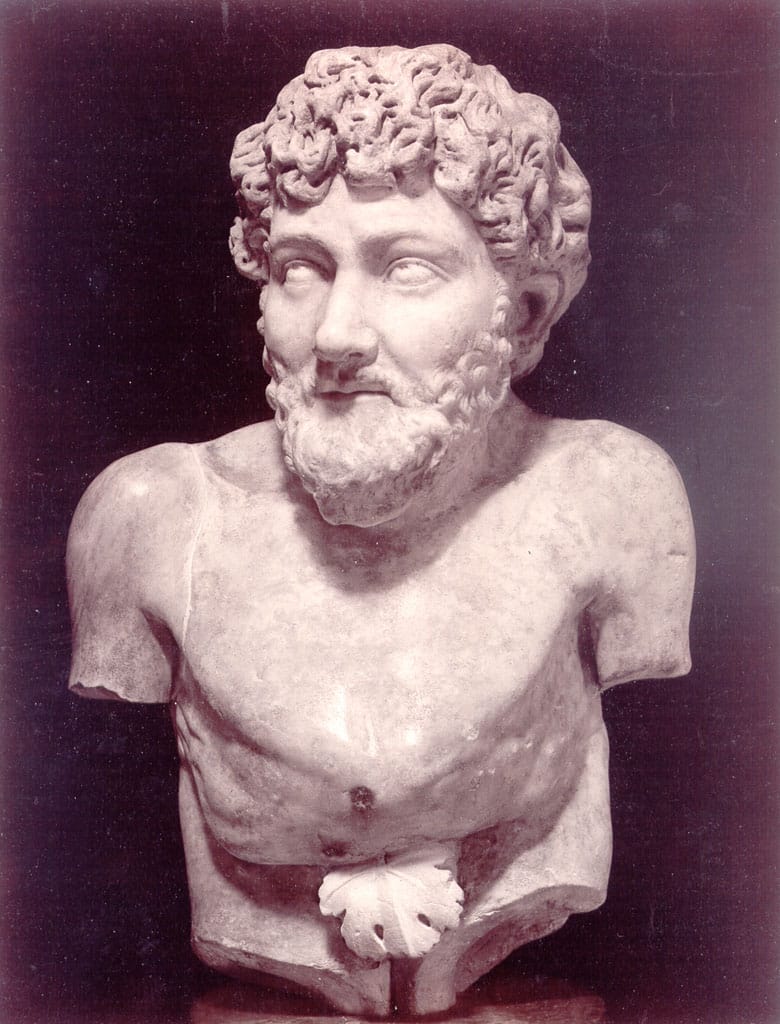confabulation / confab / fable

Confabulation is a neat study of how a word can acquire an additional sense. It was borrowed into English in the fifteenth century from the Latin confabulatio, meaning a conversation or discussion. The word appears in Anglo-Latin by the late ninth century
English-language use, in the same sense, is in place by c. 1450 when it appears in a translation of Thomas à Kempis’s De Imitatione Christi (The Imitation of Christ):
But þou, graciose & merciful lorde, þat wolt not þat þi workes shulde perisshe, to shewe þe richesses of þi godenes into þe vessels of mercy, ouere al propre merite vouche saf to comforte þi seruaunt aboue al mannes mesure; for þi consolacions are not as mannes talkinges or confabulacions. What haue I done, lorde, þat þou shuldist yeue me eny heuenly consolacion?
(But you, gracious & merciful lord, so that your works should not perish, to mete out the richness of your goodness into the vessels of mercy, over all proper merit grant to comfort your servant above all man’s measure; for your consolations are not a man’s discussions or confabulations. What have I done, lord, that you should give me any heavenly consolation?)
Kempis’s original Latin is confabulationes.
The verb to confabulate, meaning to converse, appears by the beginning of the seventeenth century when it is in included in Robert Cawdry’s 1604 Table Alphabeticall, widely considered to be the first monolingual English dictionary (although it really is better categorized as a glossary of hard words). Cawdry defines the verb as “to talk together.”
The word is clipped to confab by the beginning of the eighteenth century.
But starting at the beginning of the twentieth century the word, both noun and verb, would begin to acquire a sense meaning a false narrative or to create such a false narrative. This sense, influenced by the word fable, got its start in the field of psychiatry as a term for how amnesia patients would compensate for their memory loss by filling in the gaps with imaginary memories. A 1907 translation of E. Mendel’s Text-Book of Psychiatry (originally in German) has this:
Others, on the contrary, fill up the time where this defect [i.e., amnesia] of memory occurs, with all sorts of events which never took place, they confabulate without their confabulation reaching the phantastic heights of paramnesias.
Here the noun and verb are actually being used in the original sense of conversing or creating utterances, but the context is that of creating a false narrative. But within a couple of decades, the words had acquired the new sense. From a book review in March 1925 issue of the Archives of Neurology and Psychiatry:
From this point, the authors pass naturally to the consideration of important mental symptoms and syndromes as deviations from the normal psychologic processes. In this section are treated disturbances of sleep, of speech, of the emotions, of movement and of memory, including a satisfactory explanation of amnesia. Illusions and hallucinations, apprehensiveness, confusion, confabulation and romancing are taken up in turn, and their interrelationships discussed.
For its part fable, meaning a fictitious narrative, is borrowed from Anglo-Norman French. It appears in English in the late fourteenth century. Geoffrey Chaucer uses it in his Physician’s Tale:
This false juge, that highte Apius,
(So was his name, for this is no fable,
But knowen for historial thyng notable;
The sentence of it sooth is, out of doute),
This false juge gooth now faste aboute
To hasten his delit al that he may.
(This false judge, who is called Apius,
[Such was his name, for this is no fable,
But known to be a notable historical fact;
The substance of it is true, beyond doubt],
This false judge goes now fast about
To hasten his delight as much as he can.)
Sources:
Anglo-Norman Dictionary, AND2 Phase 2, 2006–08, fable1, n.
Cawdry, Robert. A Table Alphabeticall. London: I. Roberts for Edmund Weaver, 1604. ProQuest: Early English Books Online.
Chaucer, Geoffrey. “The Physician’s Tale” (c. 1387). The Canterbury Tales, lines 6.154–59. Harvard’s Geoffrey Chaucer Website.
Ingram, John K. ed. The Earliest English Translation of the First Three Books of the De Imitatione Christi (c. 1450). Early English Text Society, Extra Series 58. London: Kegan Paul, Trench Trübner, 1893, 3.57, 134. HathiTrust Digital Archive.
Kempis, Thomas. De imitatione Christi. Paris: 1889, 3.52, 252. HathiTrust Digital Library.
Latham, Ronald E., David R. Howlett, and Richard K. Ashdowne. Dictionary of Medieval Sources from British Sources. Oxford: British Academy: 2013, s.v. confabulatio, n. Brepolis: Database of Latin Dictionaries.
Lewis, Charlton T. and Charles Short. A Latin Dictionary. Oxford: Clarendon Press, 1879, s.v. confabulatio, n. Brepolis: Database of Latin Dictionaries.
Mendel E. Text-Book of Psychiatry. William C. Krauss, trans. Philadelphia: F. A. Davis, 1907, 45. HathiTrust Digital Archive.
Middle English Dictionary, 4 March 2025, s.v. confabulation, n., fable, n.
Oxford English Dictionary, second edition, 1989, s.v. confabulation, n., confabulate, v., confab, n., confab, v., fable, n., fable, v.
“Pratique Semilogique des Maladies Mentales” (book review). Archives of Neurology and Psychiatry, 13.3, March 1925, 419. HathiTrust Digital Archive.
Image credit: Wikimedia Commons. Public domain work as a mechanical reproduction of a public domain work.